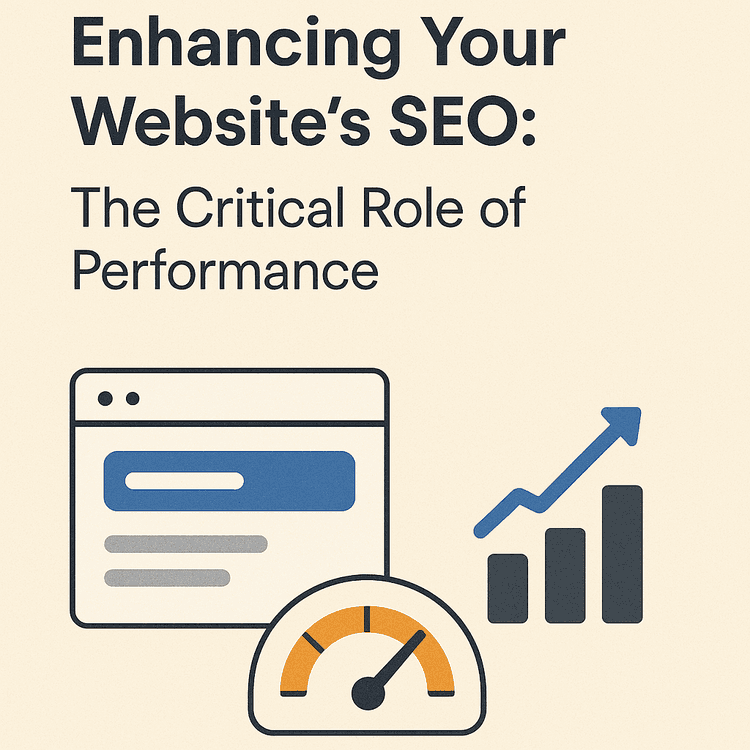Enhancing Your Website's SEO: The Critical Role of Performance
Discover effective strategies to boost your website's SEO and understand the critical role of performance in enhancing search rankings and user experience

In today's digital landscape, Search Engine Optimization (SEO) is paramount for businesses aiming to enhance their online visibility and attract potential customers. While various factors contribute to effective SEO, one often overlooked yet crucial element is website performance, particularly page speed. This article explores strategies to improve your site's SEO and highlights the significant impact of performance on search rankings and user experience.
Understanding SEO and Its Importance
SEO involves optimizing your website to rank higher on search engine results pages (SERPs), increasing organic traffic and brand visibility. Key components include:
- Keyword Optimization: Using the right terms and phrases your audience is actively searching for.
- Quality Content: Creating valuable, informative, and engaging content that serves your audience’s needs.
- Backlinks: Getting reputable websites to link to your content boosts your domain authority.
- Technical SEO: Ensuring your website is mobile-friendly, loads fast, is secured with HTTPS, and has a clean site structure.
The Pivotal Role of Website Performance in SEO
Website performance directly affects how search engines and users perceive your site. Google has made it clear: faster websites rank better. Performance is especially important on mobile devices, where most web traffic originates.
Why Page Speed Matters
- User Experience: Visitors expect fast-loading websites. A delay of just a few seconds can lead to higher bounce rates and lost customers.
- Search Rankings: Search engines reward websites that load quickly and meet Core Web Vitals benchmarks.
- Conversion Rates: Faster websites tend to convert better. Speed reduces friction and increases trust.
Strategies to Enhance Website Performance for SEO
To give your SEO a performance boost, consider these technical improvements:
1. Optimize Images
Compress and properly size images to reduce load time without sacrificing quality.
2. Leverage Browser Caching
Store static files locally in the user's browser to speed up repeat visits.
3. Minimize HTTP Requests
Reduce the number of files loaded on each page to improve speed.
4. Use a Content Delivery Network (CDN)
Distribute your site across multiple global servers to ensure fast delivery to any location.
5. Optimize Server Response Time
Upgrade your hosting or database, and fix slow server-side scripts.
6. Minify CSS, JavaScript, and HTML
Remove unnecessary characters and whitespace from code to make it lighter and faster.
Monitoring and Maintaining Performance
Use tools like Google PageSpeed Insights, Lighthouse, and WebPageTest to track performance and get actionable insights. Regular testing ensures your site stays fast even as new content and features are added.
Conclusion
Improving your website’s SEO is about more than keywords and content — it’s about creating a fast, accessible, and high-performing experience for users. Site performance affects everything from visibility to conversion, and it's a crucial investment for any serious business online.
Make your website work for you — faster, smarter, and higher in the search results.
Related Articles
